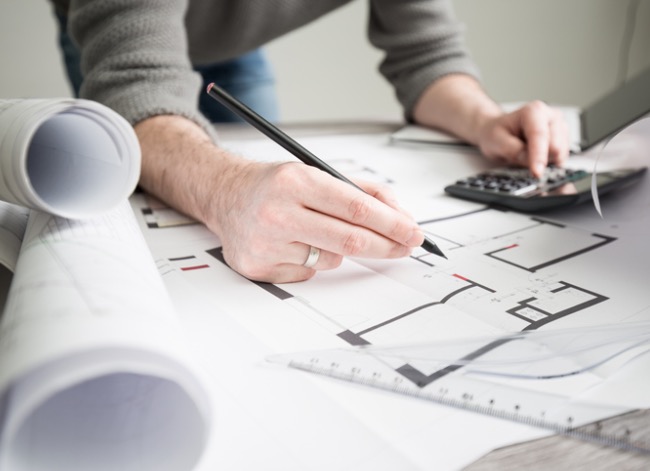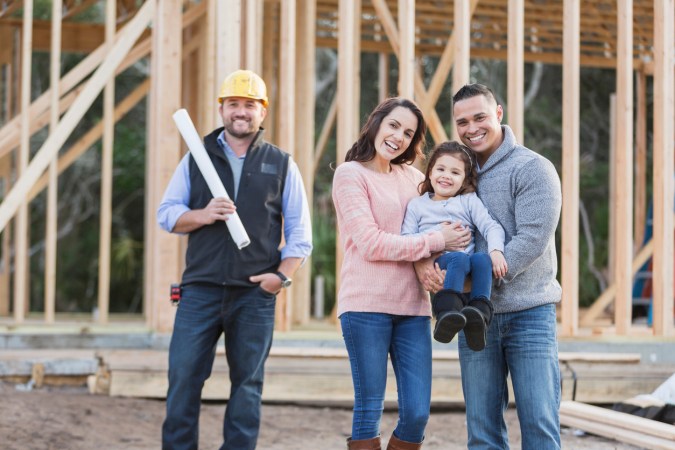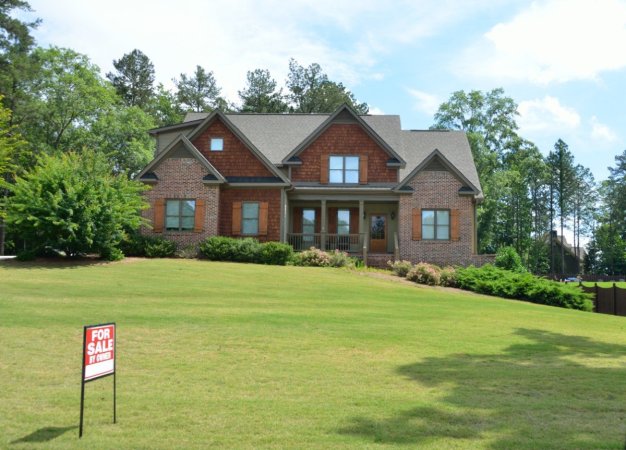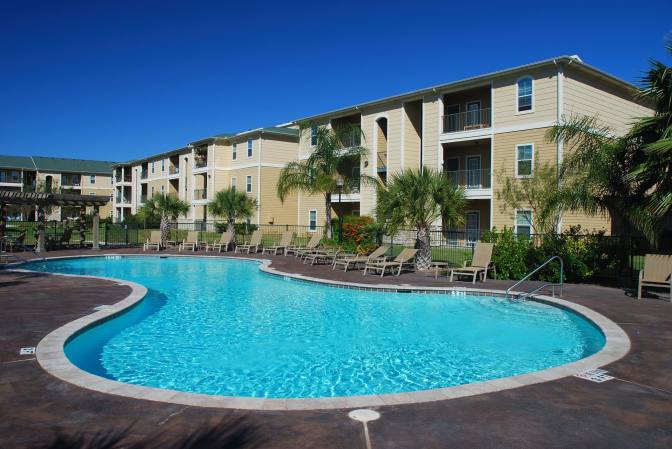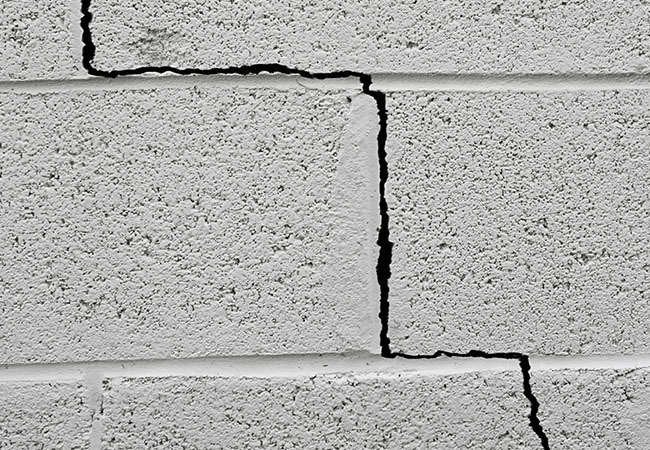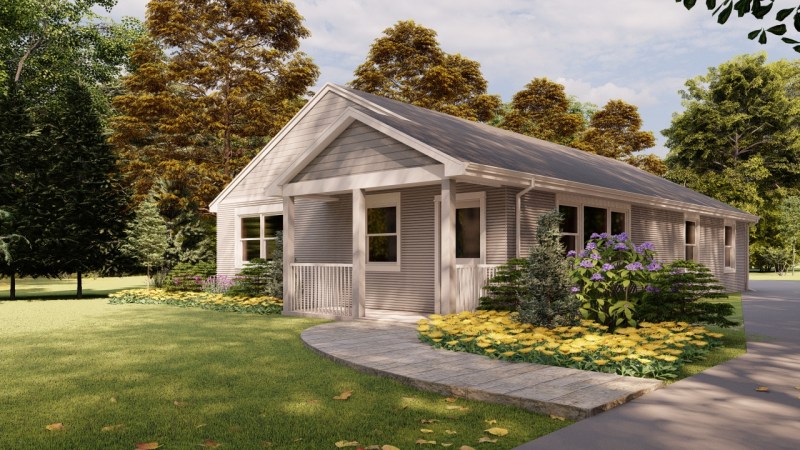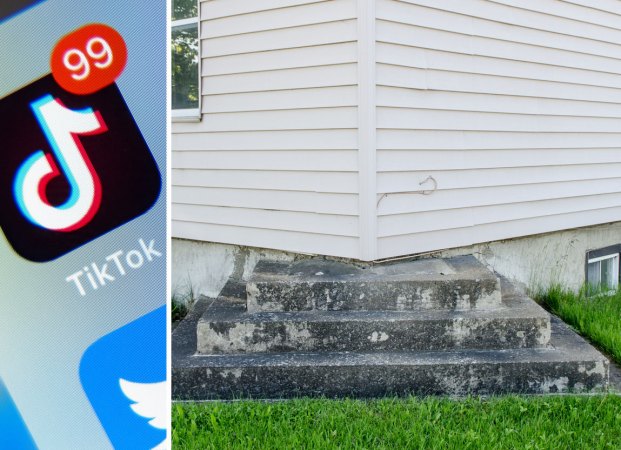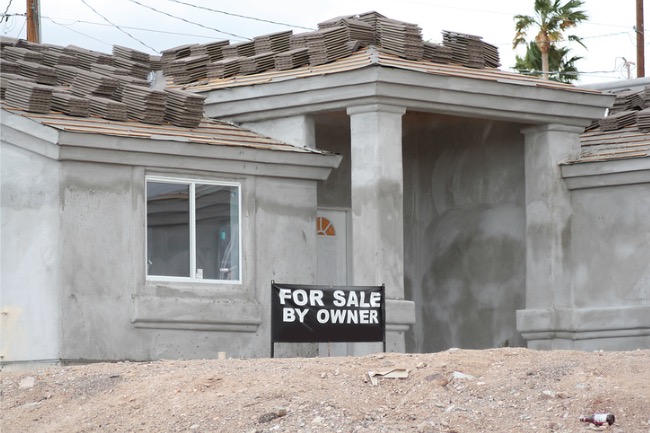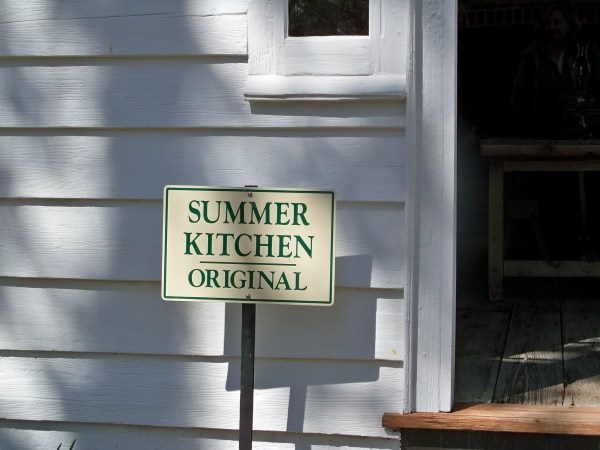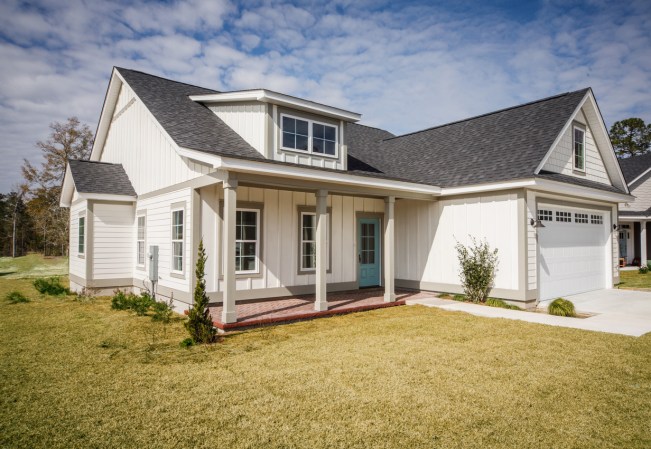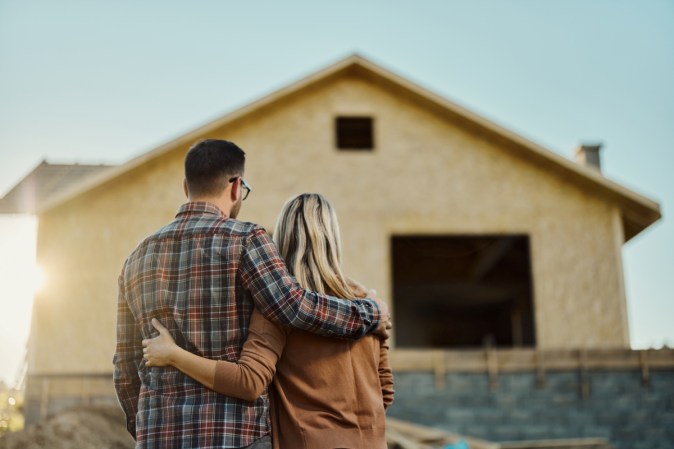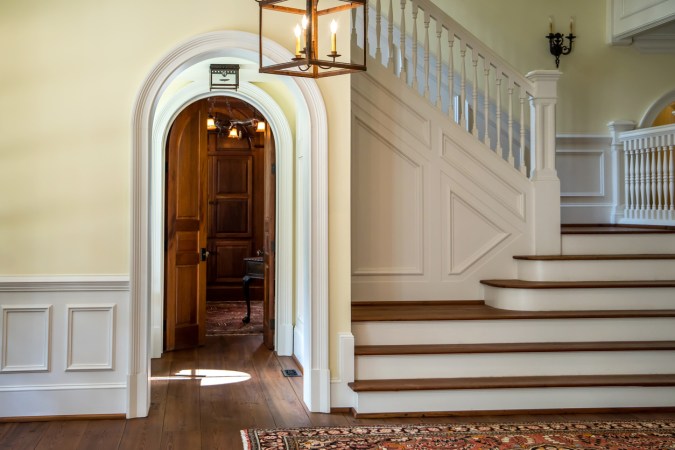We may earn revenue from the products available on this page and participate in affiliate programs. Learn More ›
Looking for a new home? You’re not alone. Demand is high and inventory is low, which means we’re in a seller’s market for the foreseeable future. In fact, the Federal Home Loan Mortgage Corporation (Freddie Mac) projects that the United States has 3.8 million fewer homes than needed. And in this frenzied environment, if you find a property that seems to suit your needs, it’s easy to rush your decision and miss the warning signs that you’re about to buy the wrong house.
So, if you can’t find the right home to buy, why not build your own? The advantage of building is obvious: You can get exactly what you want. But building from scratch is not as easy as it looks on those dream-home TV shows. Here, we delve into the factors you should consider if you’re deciding whether to break ground on a new house or just take your chances in a seller’s market.
Customization
If you’ve ever toured a house and thought, “I hate this, and I would change that,” building your own home will give you the opportunity to pick precisely what you want, and you won’t be forced to live with features you dislike. Tyler Forte, CEO of Felix Homes in Nashville, Tennessee, has worked with clients who drew up a list of particular features they wanted but didn’t find any homes that fit all the requirements. “I told them that if they were not willing to compromise on any of the features, it may be a better option to build a custom home,” he says. “The biggest benefit to building a home is that you can design and customize the home exactly how you’d like—you can be involved in the design process and select the materials the builder uses.”
That may sound like fun, but at some point, you may tire of the process. “There are a thousand little decisions to make along the way, and often spouses disagree on things,” warns Greg Kurzner, president/broker at Resideum in Alpharetta, Georgia.
The ability to customize makes building a home fun but also daunting and exhausting, according to Kris Lindahl, CEO and founder of Kris Lindahl Real Estate, which serves Colorado, Minnesota, and Wisconsin markets. “While many find appeal in having the opportunity to select all of the home’s finishes, there is a significant time commitment involved in making selections,” he explains. “Determining which finishes you prefer is not the only consideration, as you also want a cohesive end product that will appeal to a vast resale market.”
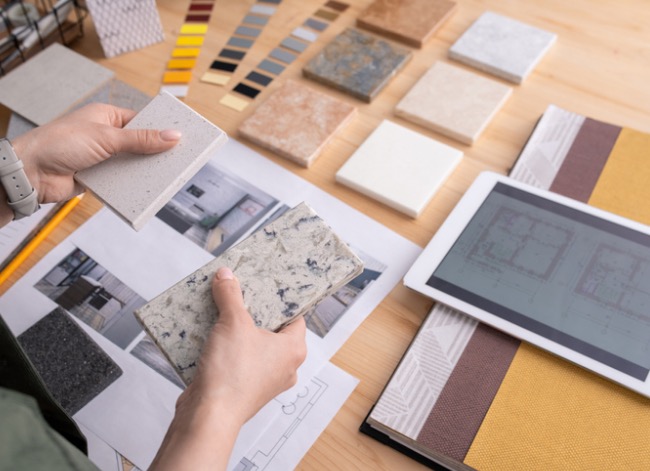
RELATED: Know Your Building Lot—The First Step in Planning New Construction
Stress
It’s one thing to criticize decisions made in someone else’s home. It’s another thing entirely to be the person in charge of making those decisions. “It’s been said that building a house is one of the most stressful things you can do in life,” explains Bill Golden, Realtor/associate broker at RE/MAX Around Atlanta. “Don’t underestimate that—there are many, many stories of relationships gone bad due to the stress of building a home.” And, he adds, if you and your spouse have full-time, demanding jobs, the process can be overwhelming.
Kurzner concurs and says disagreements between spouses can add to the stress of building a home. “And keep in mind that at least one of you will have to regularly visit the construction site to make sure you are happy with the quality of the work and the timelines,” he says.
Trouble-Free Home
When you’re buying a house, there’s always a chance that some unscrupulous seller is trying to use home staging to hide problems. The importance of a home inspector cannot be overstated, since this individual plays a critical role in ferreting out problems with the plumbing, electrical, flooring, roofing, and other potentially problematic (and possibly deal-breaking) components of the house. But if you build new and use a reputable builder, you won’t encounter those types of problems. “The home is brand new, so it should be relatively maintenance-free for many years,” Golden says. “Because a builder must comply with all current building codes and zoning laws, you will be able to rest easier knowing that it was built according to legal standards.”
From Scratch or From Spec
When you want to get a home built, there are two general options. “If you go to a new build community where a builder is constructing spec homes, you might find a floor plan you like off the shelf or get there early enough in the building process to make changes,” Kurzner says. Another advantage of this type of build? Kurzner notes that financing is easier and the sales process is more orderly.
On the other hand, if your goal is to find a lot that is not in a subdivision and then start from scratch, Kurzner warns that you should be prepared to do a lot more work. “You will have to find a floor plan you like or hire an architect to draw one,” he explains. Then you will need to find a builder to price the construction cost and build the home. “And, you will need to arrange a construction loan, which is not as straightforward as a typical conventional or FHA mortgage loan.” In fact, Kurzner says you might have to put down a larger down payment, and your construction loan will be more expensive than a purchase loan.
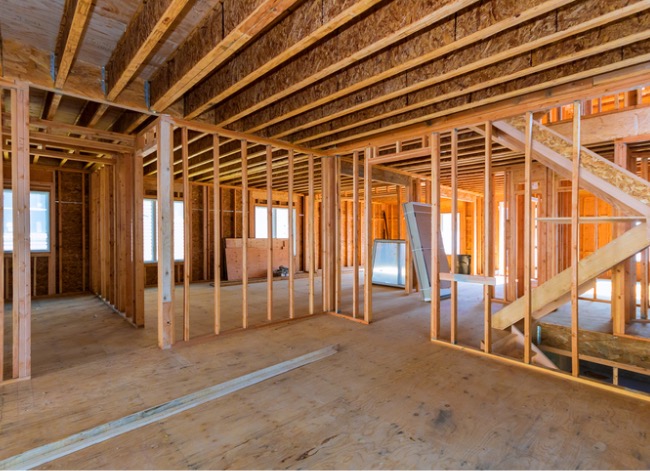
Timing
If you think it’s taking a long time to find an existing house to purchase, consider how long it’s going to take to build one. “The timing can be another argument against building, as it does not happen overnight and many do not want to wait 9 months to a year for a completed product,” Lindahl explains.
But depending on your market, it might be worth the wait. “In many new ‘Zoom towns’ scattered across the nation, especially here in Lake Tahoe, where many former San Francisco Bay Area residents have recently moved to, the housing inventory for sale is at an all-time low—less than a 4-week supply,” says Chris Fajkos, Realtor at Tahoe Mountain Realty in Truckee-Tahoe, California. “So, if you’re willing to wait out the home-building process, then you might ultimately end up with your custom dream home far sooner than you would have if you had waited for something to come on the market.”
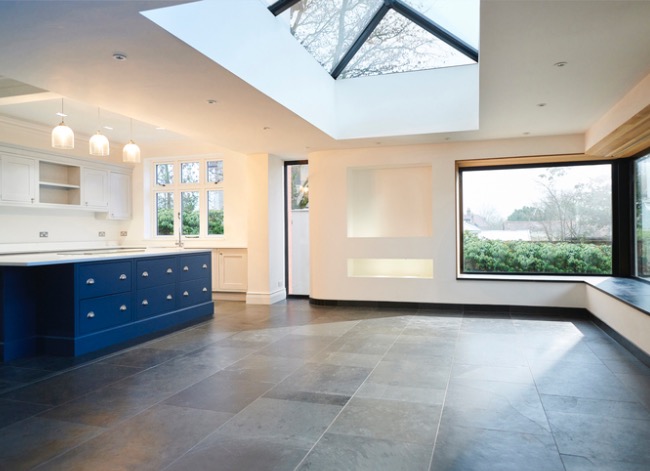
Current Construction Costs
According to the National Association of Home Builders, skyrocketing lumber prices have raised the price of a home by $35,872. “It is more expensive to build a home right now than it ever has been in recent memory,” Kurzner says. “Lumber is selling at a 300 percent increase in price from last year, concrete is scarce, and most importantly, building new brings to bear current construction costs.”
In addition, Kurzner notes, the lingering effects of the pandemic’s shutdown have put many nonessential projects on hold—and the projects that can’t wait are much more expensive.
Fajkos agrees. “One of the side effects of COVID is that the construction industry is grappling with increased building costs, from materials to labor and all factors in between.” This year, and probably next year as well, Fajkos says you can expect to pay higher costs for your dream home and you should be prepared for extended timelines. “In Truckee, near Lake Tahoe in California, the building costs have jumped up by 20 percent year over year and continue to climb, coupled with residential lot sales that have increased 70 percent year over year.”
RELATED: 9 Building Materials with the Biggest Pandemic Price Increase—and What That Means for DIYers
Overall Costs
But a pandemic isn’t the only thing that can drive up costs. “The true cost of building a home is generally not totally accurate on the front end of the project,” Golden explains. “There are usually decisions that come up along the way, and most lead to extra costs.” That’s why he believes that building a home will require some degree of vision on your part. “You can’t see and feel the project as a whole when you start out,” Golden says. “That may lead to your having to live with some things that come out in a way you did not expect, unless you are OK paying the cost of change orders (amendments to the construction contract) every time you are surprised or disappointed.”
Forte agrees that building a home is typically more expensive. “Most new-construction homes can be 10 to 20 percent more expensive than similarly sized pre-owned homes,” he says. “Also, builders may ask for a large percentage of the cost up front in the form of a nonrefundable deposit.”
